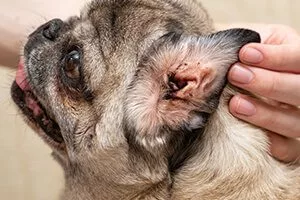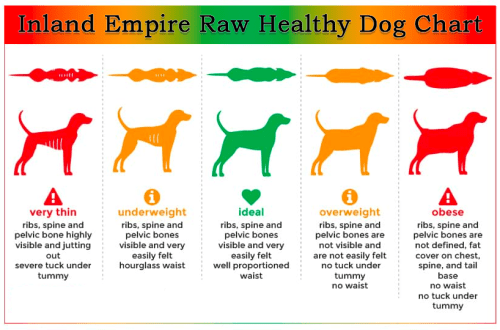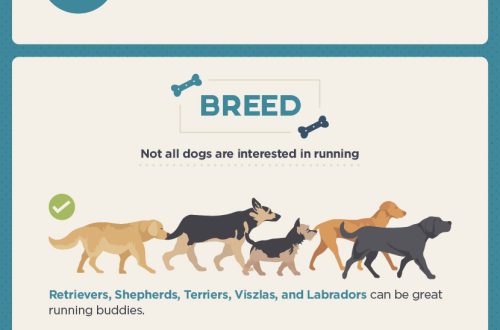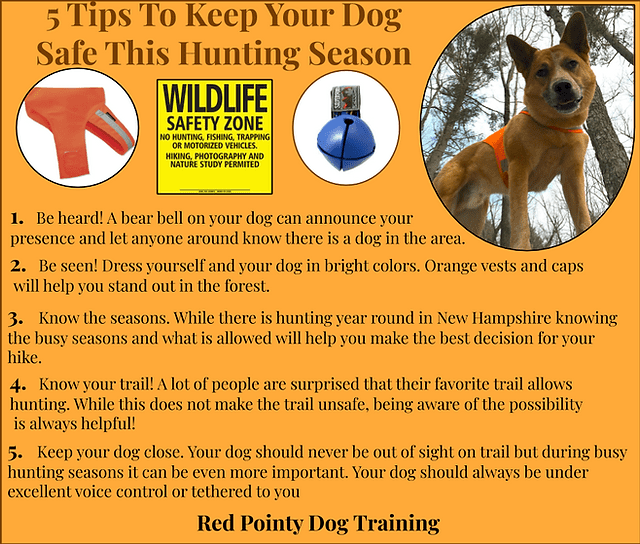
How to keep your dog safe while hunting
Dogs have hunted alongside their owners for centuries. The instincts to find and fetch game, bark at trees and point directions are natural to Retrievers, English Setters and Feistes. Hunting with a dog can bring great pleasure and provide an opportunity to join a sport that has been popular for more than one century.
No matter what kind of game you’ll be chasing, it’s important to keep your dog safe.
First of all, you need to train your dog to hunt. You need to find a dog handler or read specialized books, such as “The Diver: A Revolutionary Method of Rapid Training” by Richard Walters. It is considered a training classic.
Before planning your dog’s first hunt, check the readiness of the dog against a list compiled by Billings Family Hospital in Billings, Montana to help people who hunt with dogs.
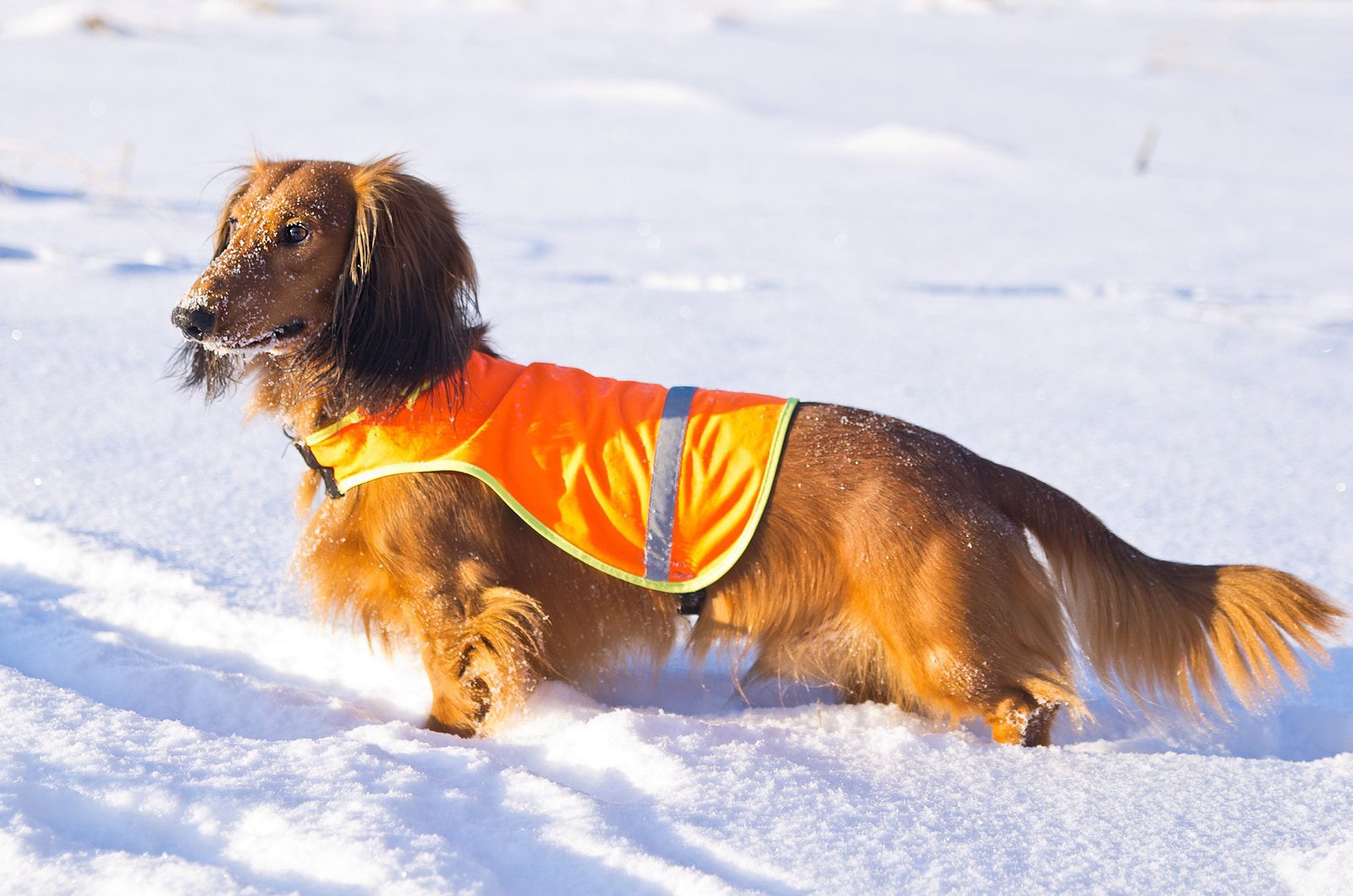
Contents
Before the hunt
- Before you go hunting, it’s important to take your dog to the veterinarian to make sure he’s up to date with all his vaccinations and that he’s taking all the necessary parasite medications. It is necessary to protect the dog from rabies, leptospirosis or Lyme disease.
- Think about safety: the dog, like the owner, should be dressed in an orange protective vest so that other hunters know about his presence. When planning to let the animal off the leash, you need to buy a detachable collar that will allow the dog to free himself if he gets tangled in branches or weeds. Always check your dog’s ID tags and consider microchipping so you don’t have to worry about your pet getting lost. Keep in mind that dogs have much more sensitive hearing than humans. If you are hunting with a gun or other firearms, be aware of your companion’s hearing. Never shoot from too close to her. You can put special headphones on the dog if its hearing skills are not used in the hunting process.
- Buy a first aid kit for pets, which you need to take with you at all times. During the hunt, the dog can get injured. Even a minor cut that is not treated in time can turn into a big problem if an infection gets into the wound. In the first aid kit, it is recommended to put such accessories as dressings, antiseptic and tweezers. In case of injury, contact your veterinarian immediately.
During the hunt
- Transport your dog safely: never leave her alone in the car. If you are traveling in an open body SUV, install a carrier cage there. Make sure it is protected from the wind and equipped with a soft and dry seating area. In the interior of a car, it is best to use a dog carrier or seat belt.
- Avoid hypothermia: hypothermia can be a serious problem for a dog, especially if it gets wet. Always dry your dog as dry as possible and provide a safe place out of the wind where he can rest comfortably during breaks.
- Avoid prolonged exposure to the sun in hot weather: if the dog shows symptoms such as shortness of breath, drooling, confusion and weakness, he may have suffered heat stroke.
- Ensure access to fresh water: bring a collapsible water bowl with you and let your dog drink whenever he wants. This will prevent dehydration.
- Keep food with you: hunting can last from several hours to a whole day, and your faithful companion will also get hungry at some point. Be sure to bring a bowl and food for your dog so he can eat on his regular schedule. You can give her food a little more than usual if hunting requires her to be extra active.
Always take the time to properly train your pet and follow the instructions for preparing for a hunting trip. Proper hunting preparation will be essential in establishing a meaningful and positive bond between you. If the dog does not like hunting or is even stressed by it, do not force it. If the animal fails to apply the skills learned during training due to stress or anxiety, this can lead to accidents. Hunting can be a very dangerous activity, whether your dog is a hunting dog, a hound, or one that simply enjoys such adventures. It is important to exercise caution in all cases.



